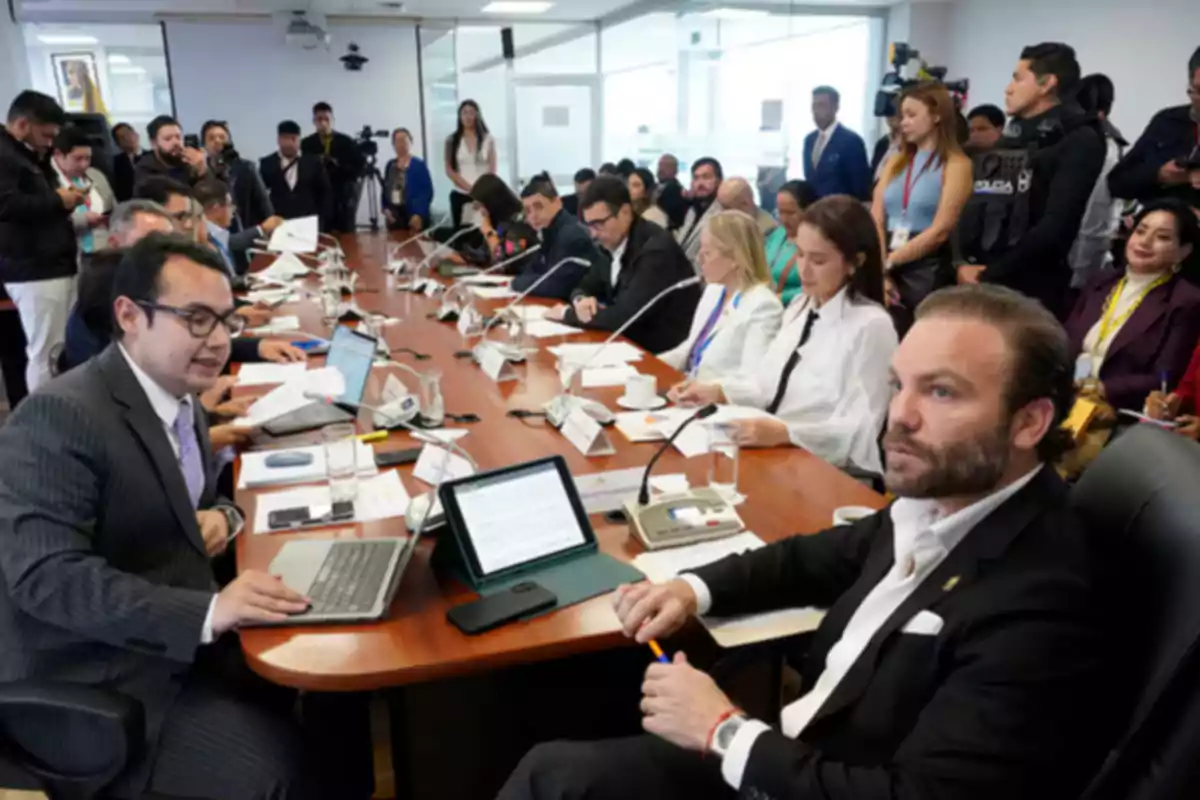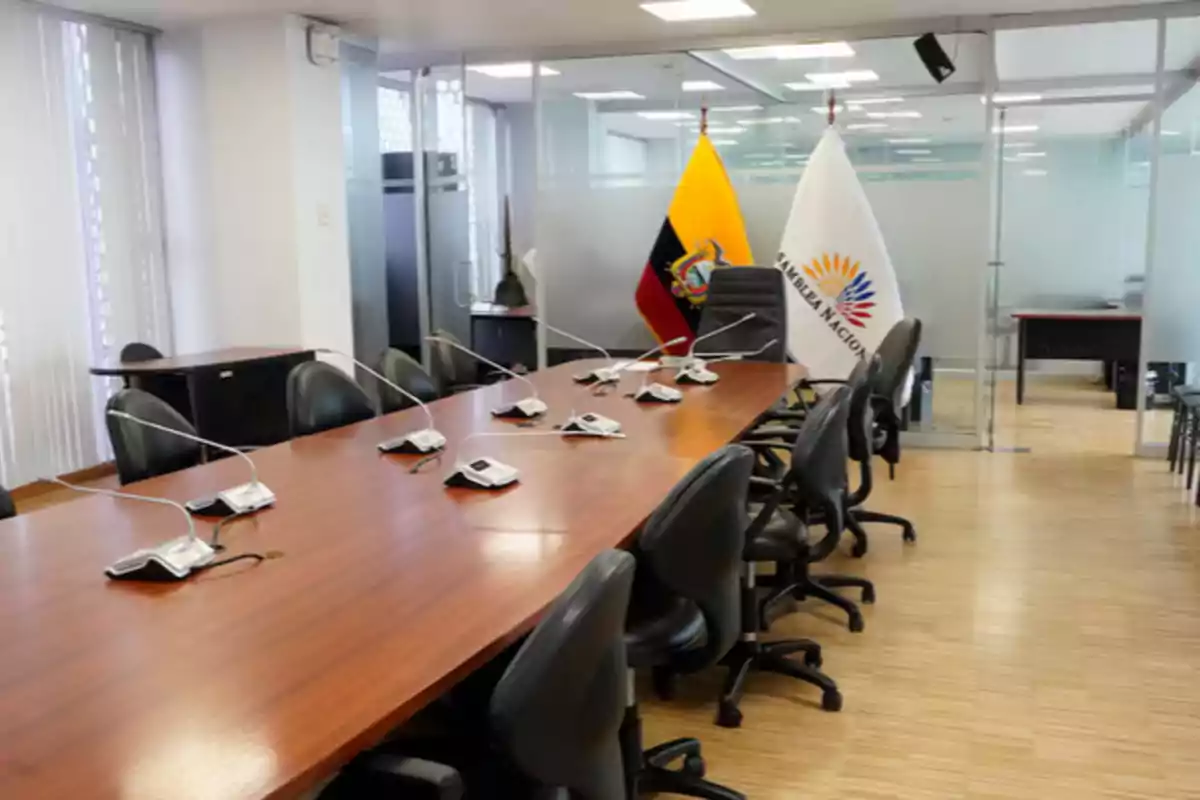
The National Assembly reactivated committees and set key deadlines to unblock the agenda
The Legislature resumed the impeachment trial against Loffredo, while correísmo seeks to gain momentum in oversight
The National Assembly has officially reactivated its fifteen standing committees with a defined roadmap. The plenary session, with 138 assembly members present, approved new deadlines to process pending reports, strengthening legislative work and institutional oversight. The committees will have up to 60 days to resume projects pending since the previous legislative period. In turn, a ten-day deadline was established for the most recent legislative reports to be delivered without further delay.
This reactivation responds to the need to break with the paralysis inherited from the parliamentary transition. The measure includes the emblematic Organic Law Project for the Protection and Defense of Animal Rights, which returned to the Biodiversity Committee after being suspended on May 12.
Among the most active is the Economic Development Committee, led by Valentina Centeno (ADN), which is already working on executive projects such as the law against the criminal economy. However, most committees will only resume their work this week.
The Health Committee has prioritized projects on cancer prevention, diabetes, and organ donation, with a focus on postponed public health. Meanwhile, the Tax Regime Committee will evaluate contractual and energy distribution reforms, as well as fifteen new accumulated proposals.

Meanwhile, the Comprehensive Security Committee has not yet met, but urgent consideration is anticipated for an intelligence law and another on cybersecurity. The case of the ambush in Alto Punino, where eleven soldiers died, will also be addressed in order to determine possible institutional leaks.
The reactivation also allows the Oversight Committee to resume the political trial against the Minister of Defense, Gian Carlo Loffredo. The accusation, presented by Héctor Valladares (Revolución Ciudadana), is based on the disappearance of four minors during a military operation in Las Malvinas.
This process marks the return of correísmo to the legislative offensive, after months of internal wear. Nevertheless, its chances of success will depend on the parliamentary support it secures, something it doesn't clearly control today.
The last trial concluded was against Mario Godoy, president of the Judiciary Council, promoted by Construye assembly members. This case also revolves around failure to fulfill duties, a recurring figure in the current oversight agenda. The National Assembly is moving forward with an ambitious agenda and concrete deadlines to avoid further backlogs. Meanwhile, the correísta caucus seeks to reposition itself with oversight initiatives, but without a clear legislative majority. Institutionality now depends on a balance between efficiency and responsibility.
More posts: